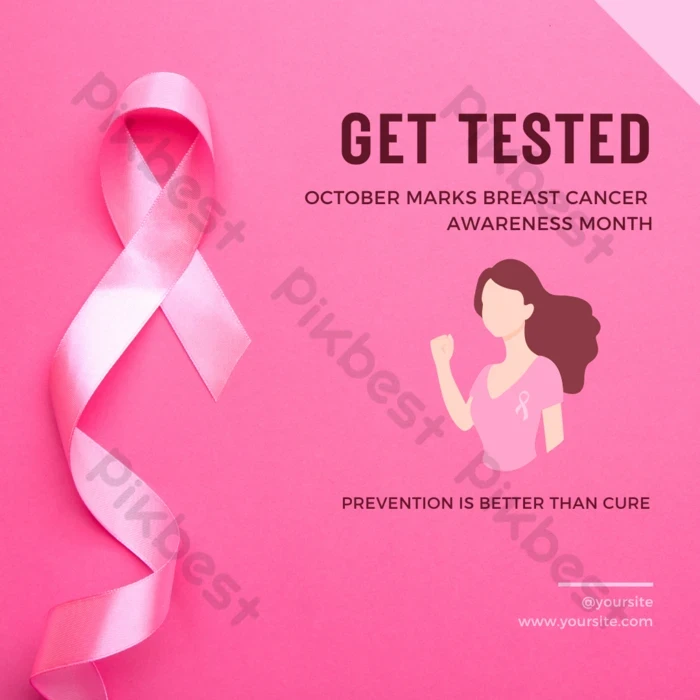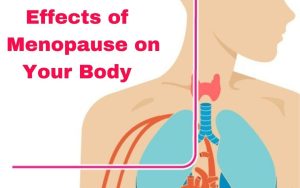
When it comes to breast cancer, early detection can make all the difference. Breast cancer is the most common cancer in women worldwide, and early detection significantly increases the chances of successful treatment and survival. This is why it is crucial for women to be aware of the signs and symptoms of breast cancer, as well as the importance of regular screenings and self-examinations.
Know the Signs and Symptoms
Understanding the signs and symptoms of breast cancer is the first step in early detection. Some common signs to look out for include:
Lump or thickening in the breast or underarm area
Change in the size, shape, or appearance of the breast
Unexplained swelling or redness of the breast
Nipple discharge or inversion
Pain or tenderness in the breast
If you notice any of these symptoms, it is important to see your healthcare provider for further evaluation. While these symptoms do not necessarily mean you have breast cancer, it is always better to be safe than sorry.
Importance of Regular Screenings
Regular screenings, such as mammograms, are essential for early detection of breast cancer. Mammograms can detect cancer at an early stage, often before symptoms develop. The American Cancer Society recommends that women begin annual mammograms at age 40, or earlier if they have a family history of breast cancer.
Regular screenings can help detect cancer in its early stages when it is most treatable. The earlier breast cancer is detected, the better the chances of successful treatment and survival. Don’t skip your annual mammogram – it could save your life.
Self-Examinations
In addition to regular screenings, self-examinations are an important part of early detection. By performing monthly breast self-exams, you can become familiar with how your breasts normally look and feel, making it easier to notice any changes that may occur.
To perform a breast self-exam, stand in front of a mirror and visually inspect your breasts for any changes in size, shape, or appearance. Then, lie down and use your fingers to feel for lumps or thickening in the breast tissue. If you notice anything unusual, be sure to report it to your healthcare provider right away.
Conclusion
Early detection is key when it comes to breast cancer. By knowing the signs and symptoms, getting regular screenings, and performing self-examinations, you can increase your chances of detecting breast cancer at an early stage and receiving timely treatment. Don’t wait until it’s too late – make breast cancer awareness a priority in your life and encourage your loved ones to do the same. Together, we can make a difference in the fight against breast cancer.
Remember, early detection matters.

